Eczema is a type of dermatitis affecting nearly 223 million people in the world. It is a common inflammatory skin condition that can lead to itchiness, dry skin, redness, scaly rash, and oozing.
Whether you get it occasionally or deal with it through the year, eczema can be distressing, causing pain, swelling and changes in skin colour and texture.
While there is no cure for eczema, there are several treatment options, including moisturisers, prescription medications and natural therapies like honey.
But first, let’s look at the treatment options available for eczema.
Treatment options for eczema
Treatment for eczema depends on individual symptoms, age, medical history, and other factors, and can include a mix of treatment options.
Moisturisers
Dry skin makes eczema worse. Moisturisers help lock in the moisture and prevent the skin from drying. It also protects the outermost layer of the skin, creating a barrier against other irritants that can aggravate eczema. The best type of moisturisers for eczema are ointments and creams. Ointments contain the most oil followed by creams, and they help to hold on to the moisture in your skin. However, lotions are mostly water and should be avoided.
Medication
There are several medications that your doctor may prescribe to help heal your skin and give you relief from eczema symptoms. These include corticosteroid creams, solutions, gels, foams, and ointments available in different strengths, depending on your symptoms. Other powerful medications are steroid pills, liquid, or shots. However, prolonged use of steroids can have side effects such as worsening symptoms and spreading of eczema to new areas. Other potential side effects include thinning of the skin, temporary blisters, white spots and the appearance of spider web type dilated capillaries on your skin. Your doctor may prescribe other non-steroidal medications; however, there are side effects. It’s best to talk to your doctor about your risks and treatment plan.
Natural therapies
Natural remedies cannot cure eczema, but they can help you find relief from symptoms like dry and itchy skin and prevent flare-ups and inflammation. There are several natural treatments for eczema, from topical applications of aloe vera, coconut oil and honey to dietary changes, Vitamin D supplements, and stress management.
Why Manuka honey may help treat eczema
Manuka honey is known for its potent antibacterial and anti-inflammatory properties and has been used to heal wounds and other skin ailments, including burns, ulcers, boils, nonhealing wounds, diabetic foot ulcers, and antibiotic-resistant wounds.
These healing properties of honey may help eczema symptoms by keeping inflammation down, preventing infections, and healing eczema patches.
What sets manuka honey apart from other honey is the presence of Methylglyoxal (MGO), which remains stable when mixed with blood, serum, or wound tissues, maintaining its powerful effect against the growth of bacteria. This is unlike other types of honey that rely on hydrogen peroxide for its antibacterial activity, which gets inactivated when diluted.
Manuka honey is also a strong moisturiser and humectant. The high sugar content draws in moisture, keeping it trapped, making Manuka useful for irritable skin conditions like eczema. This is important for people with eczema, as their skin is less able to hold on to hydration and protect them from bacteria, irritants, allergens, and environmental factors.
Few notable studies have investigated Manuka as an effective treatment for eczema. One was a small 2017 study of only 14 participants and a more recent study in 2019 that indicated some positive outcomes with the use of Manuka for eczema. However, more research is needed to determine if Manuka is an effective treatment for eczema.
Treatment Solutions
If you are looking for Manuka honey to help with your eczema, try:Nature’s Gold Manuka skin cream or
Nature’s Gold Manuka Power concentrated ointment.
FAQs
How can I cure my eczema naturally?
Other natural remedies for eczema are the topical application of apple cider vinegar, coconut oil, tea tree oil, and colloidal oatmeal. However, more research is needed to determine the effectiveness of these.
What stops eczema flare-ups?
You can prevent flare-ups by using a moisturiser or an emollient at least twice a day, including when your eczema is under control. It also helps to know your triggers and avoid them as much as possible. Harsh chemicals or additives in moisturisers, soaps and shampoos can also cause flare-ups. Check this helpful resource from Health Direct for more information or speak to your doctor about an eczema action plan.
What foods reverse eczema?
Research suggests that some foods are anti-inflammatory and may be helpful for eczema, such as fish, some fruits and vegetables like red peppers and berries, and probiotic foods. See this article from Medical News Today for more information.


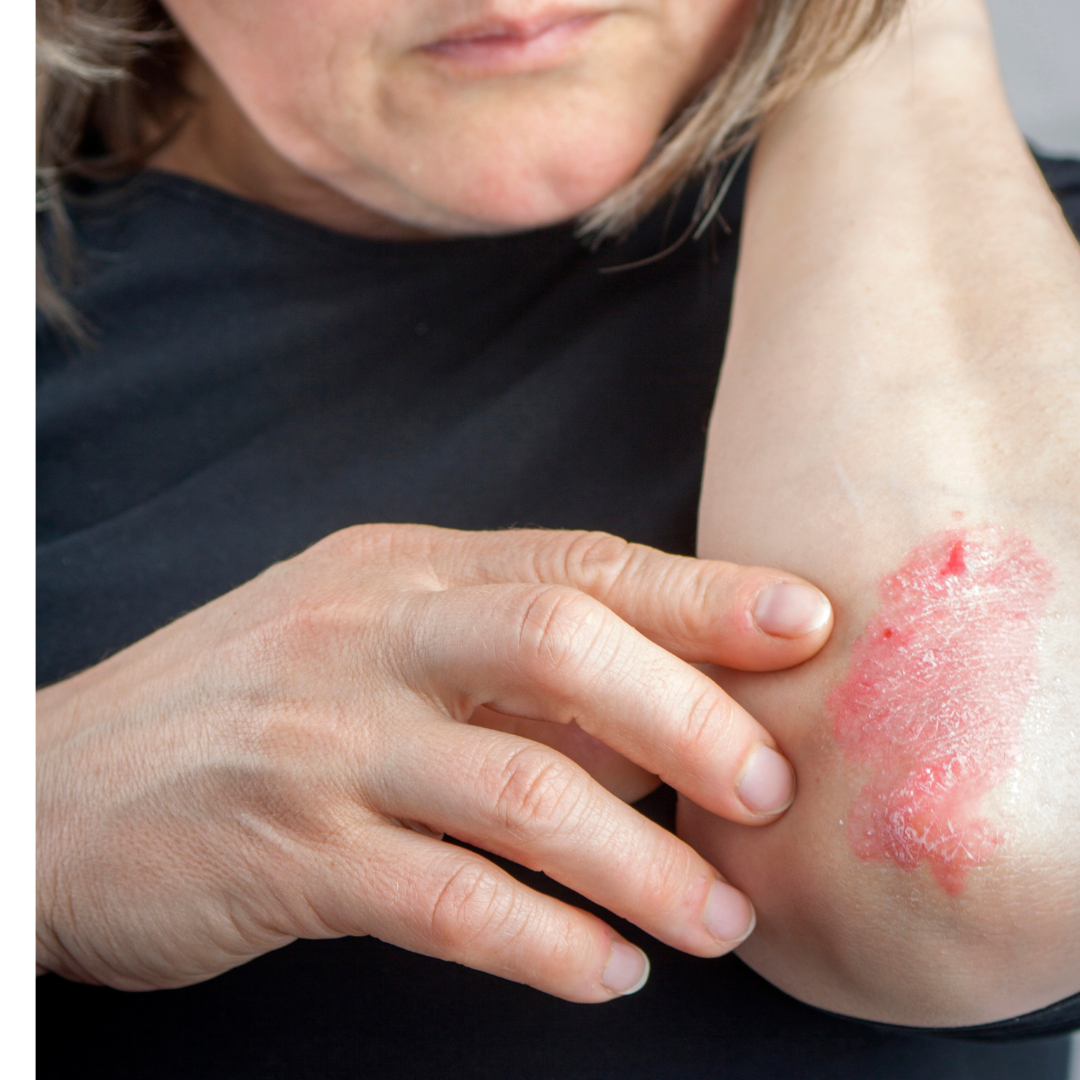
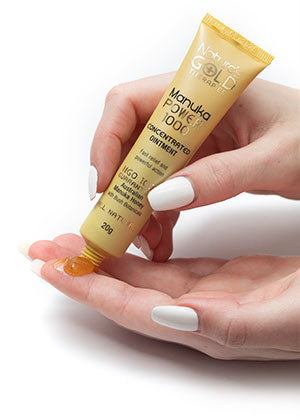
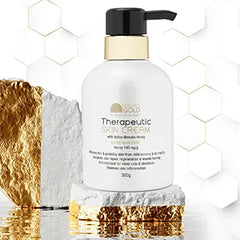
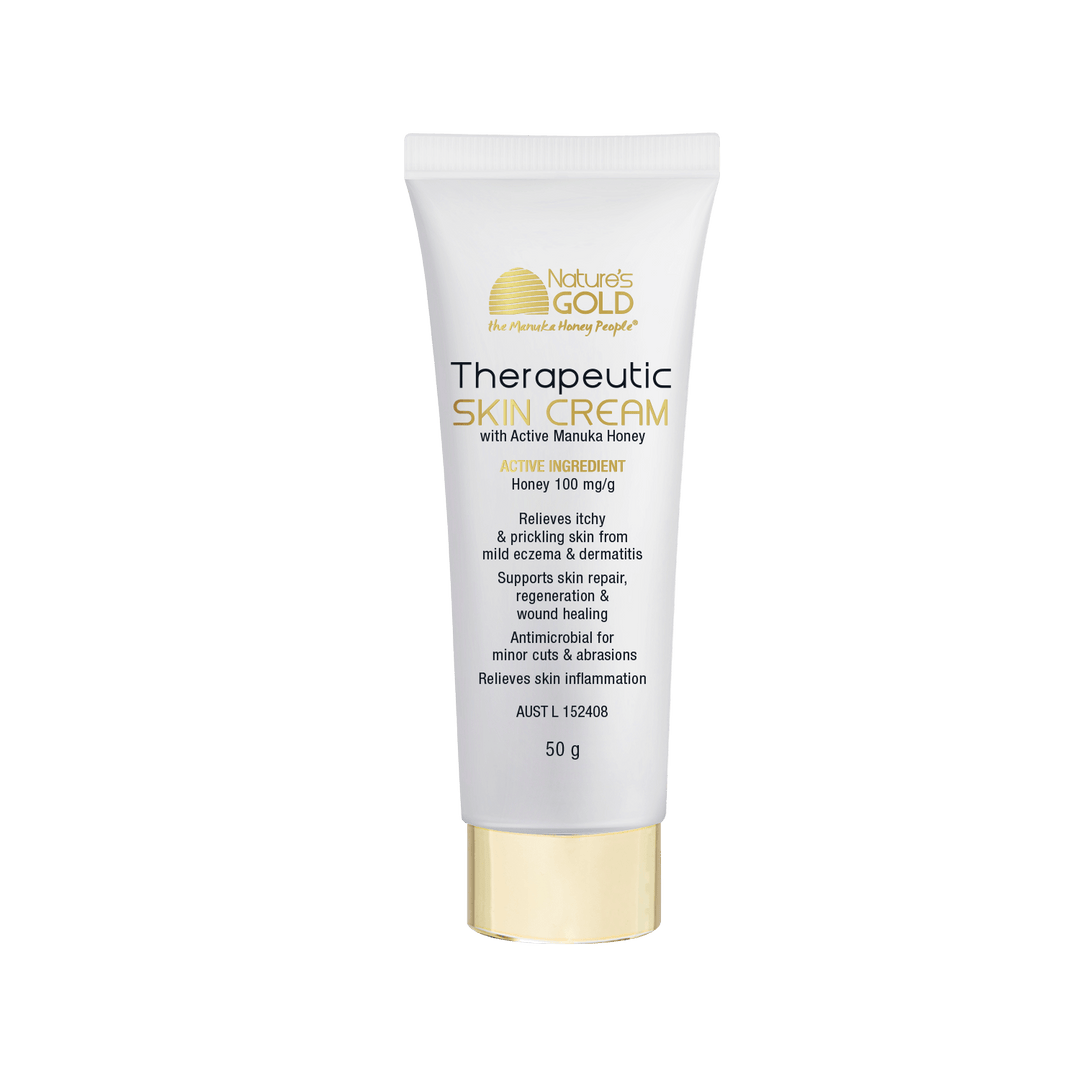
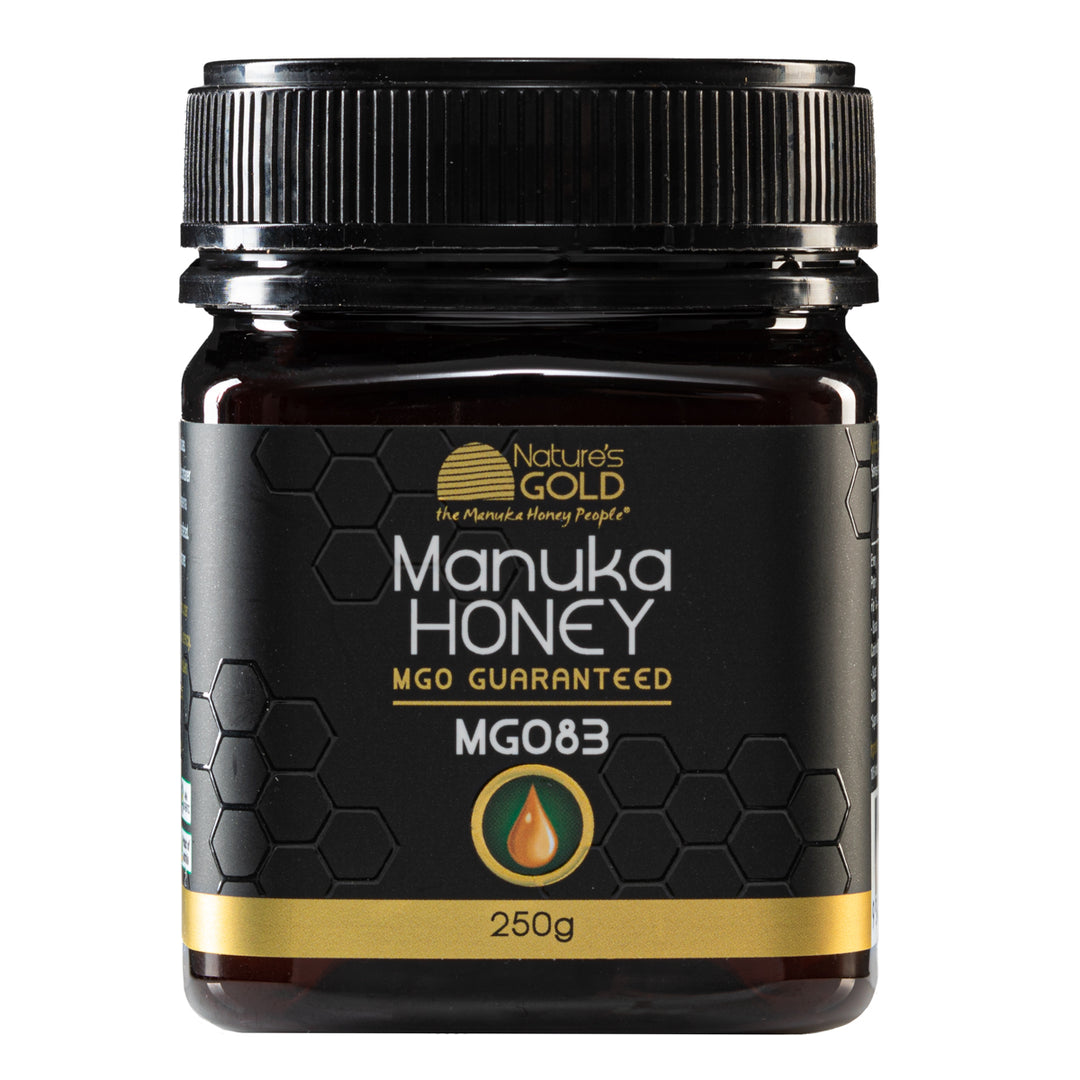
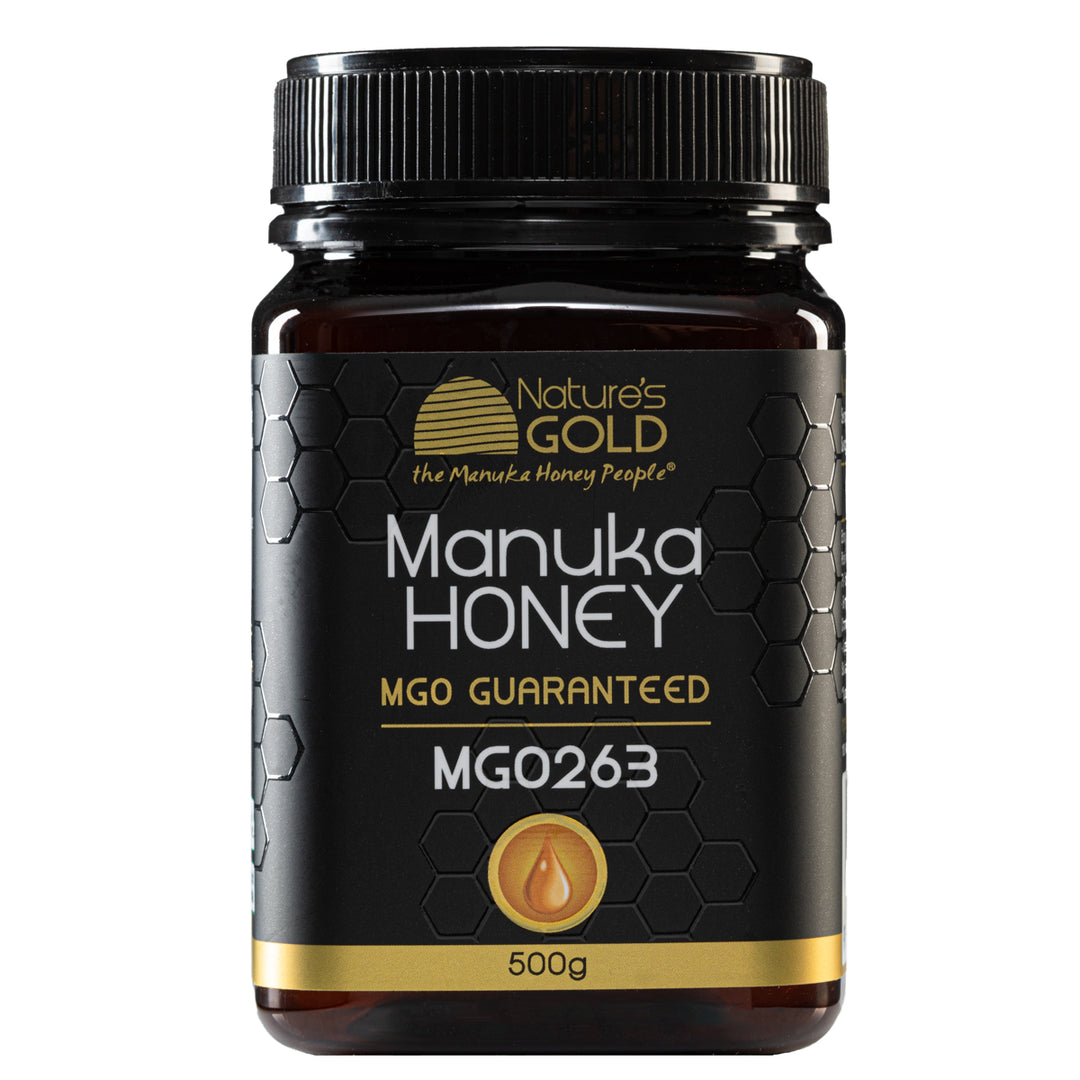
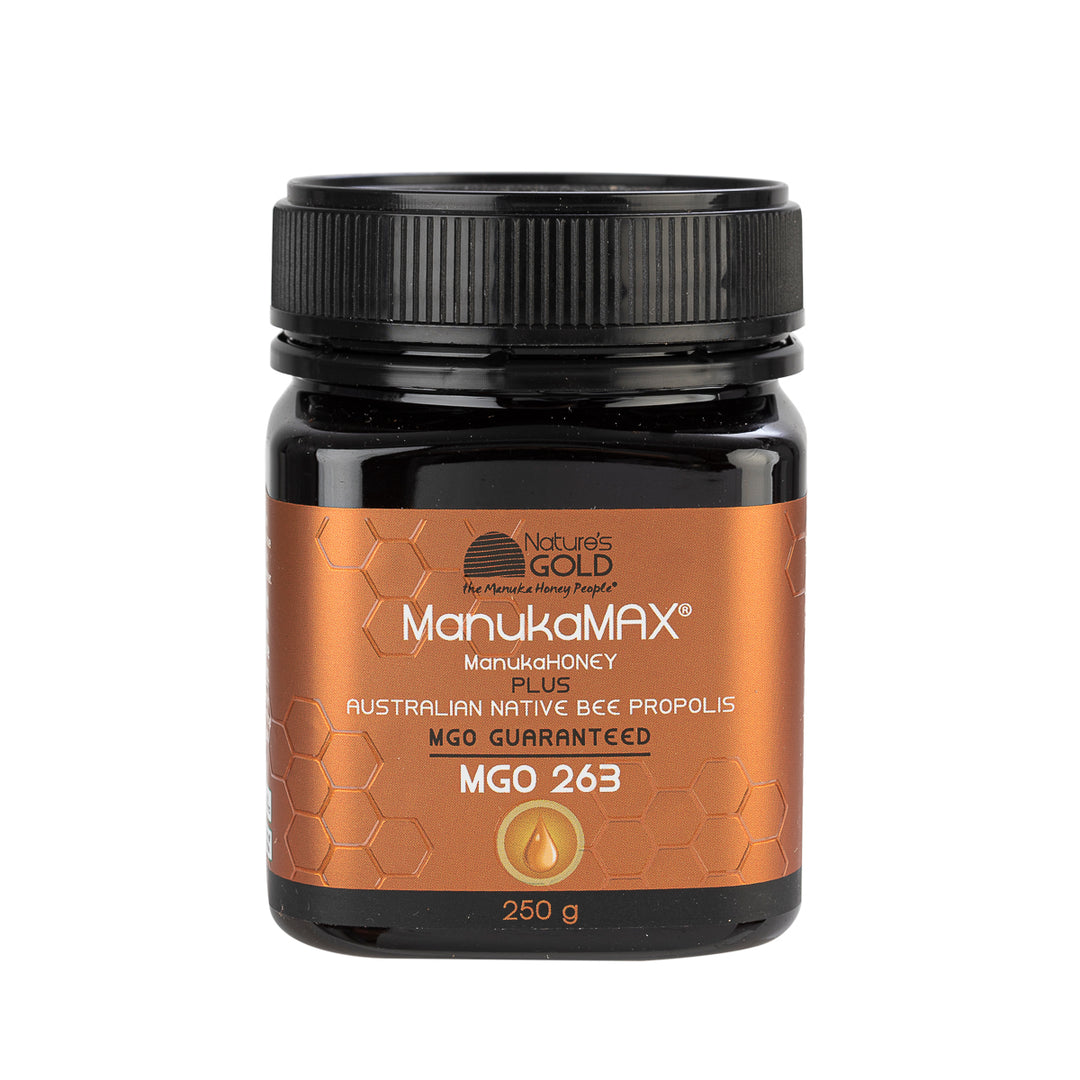
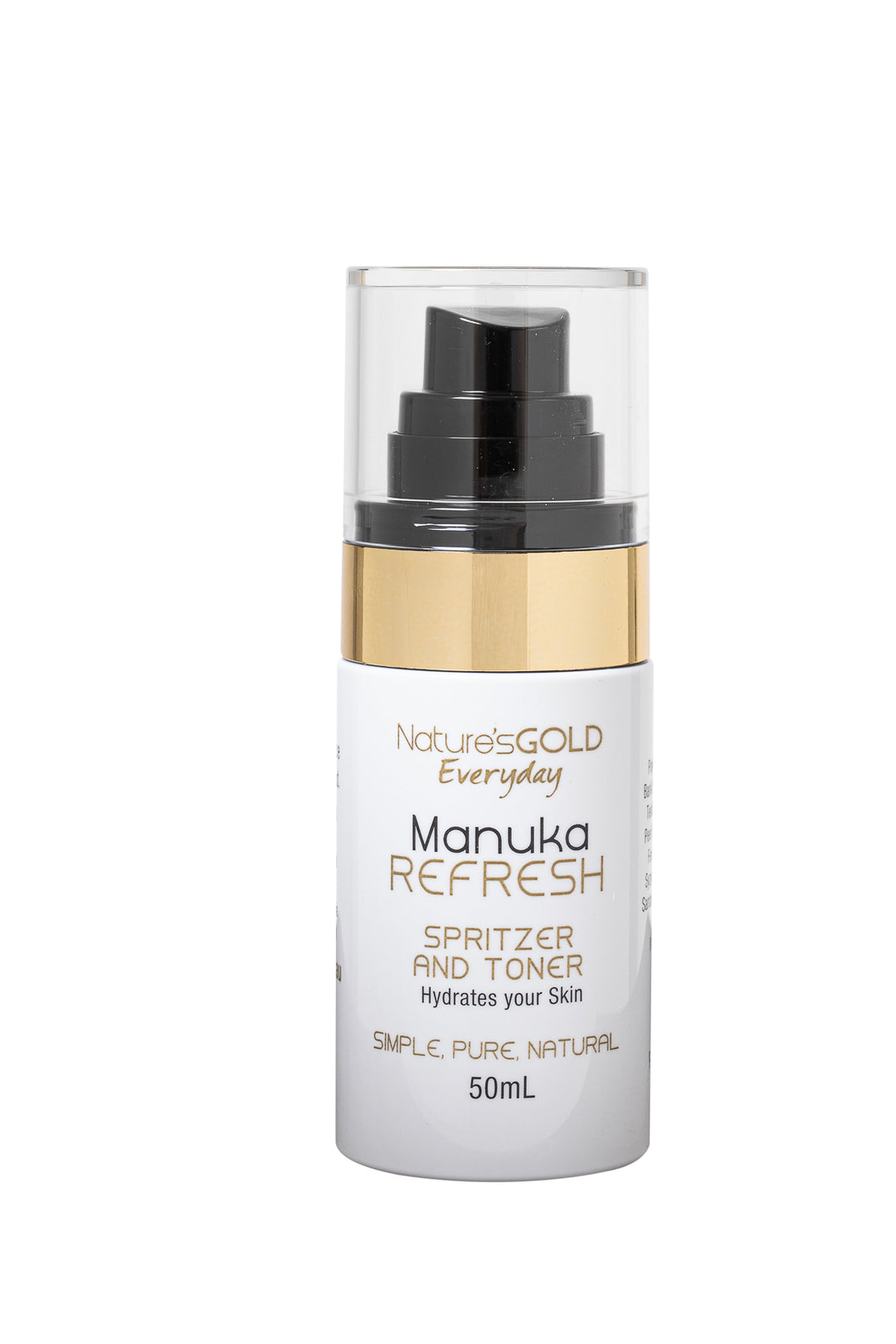



コメントを残す